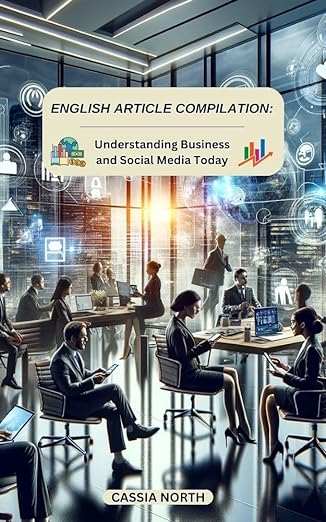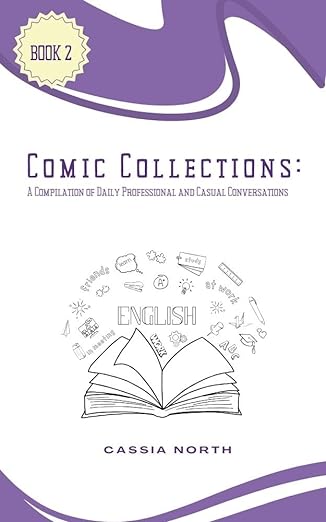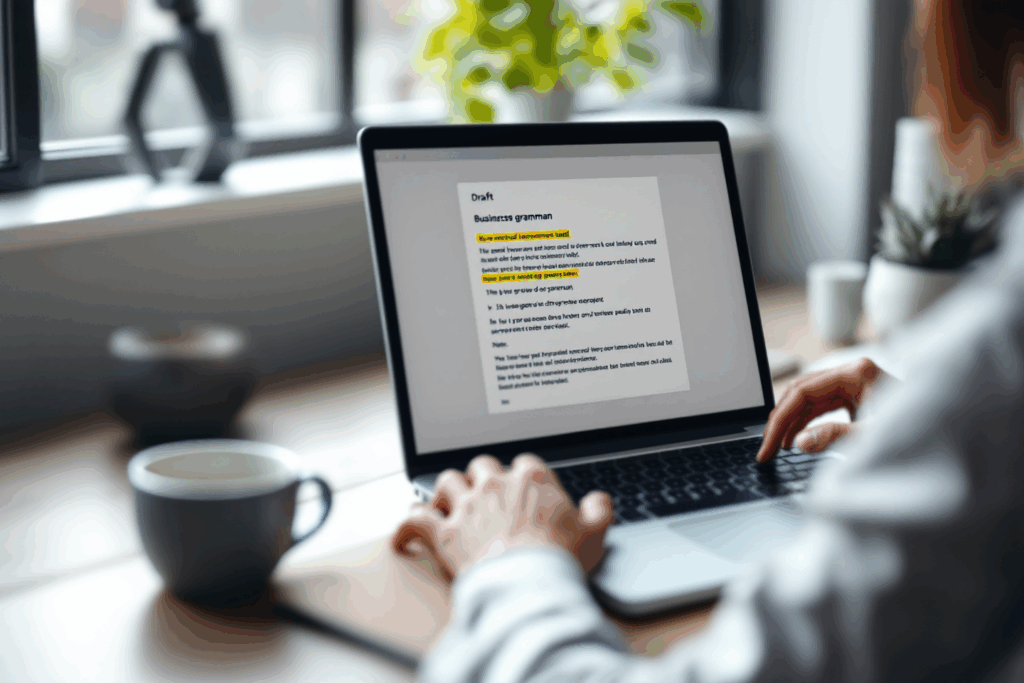
English Blogs
"Let's Learn, Explore, and Connect to the World"
Future Simple Tense 6
- Tokita Akira
- Basic English Grammar Blog

VI. Expanding Your Practice with the Future Simple Tense
To fully master the future simple tense, engaging in varied and consistent practice is essential. Here are some strategies and resources to help you expand your practice and deepen your understanding of this vital aspect of English grammar.
Interactive Exercises and Activities
 Future Plans Discussion: Engage in conversations or writing exercises where you discuss your future plans. This can involve talking about what you will do over the weekend, your career aspirations, or upcoming vacations.
Future Plans Discussion: Engage in conversations or writing exercises where you discuss your future plans. This can involve talking about what you will do over the weekend, your career aspirations, or upcoming vacations.
 Predicting Future Trends: Practice making predictions about future trends in areas like technology, fashion, or politics. This helps in using the future simple tense in a predictive context.
Predicting Future Trends: Practice making predictions about future trends in areas like technology, fashion, or politics. This helps in using the future simple tense in a predictive context.
 Role-playing Games: Participate in role-playing exercises that involve making spontaneous decisions or promises. For example, simulate a scenario where you have to make a quick decision about a hypothetical situation.
Role-playing Games: Participate in role-playing exercises that involve making spontaneous decisions or promises. For example, simulate a scenario where you have to make a quick decision about a hypothetical situation.
Practical Application in Daily Life
 Journaling: Keep a journal where you write about your plans and predictions for the future using the future simple tense.
Journaling: Keep a journal where you write about your plans and predictions for the future using the future simple tense.
 Creative Writing: Try writing short stories or scenarios set in the future, focusing on using the future simple tense to describe actions and events.
Creative Writing: Try writing short stories or scenarios set in the future, focusing on using the future simple tense to describe actions and events.
Conclusion
 Expanding your practice of the future simple tense through diverse exercises and real-life application is key to achieving proficiency. These activities not only reinforce your understanding but also enhance your ability to use the tense naturally in conversation and writing.
Expanding your practice of the future simple tense through diverse exercises and real-life application is key to achieving proficiency. These activities not only reinforce your understanding but also enhance your ability to use the tense naturally in conversation and writing.
Latest Blogs

Present Simple Tense 1
English Blogs “Let’s Learn, Explore, and Connect to the World” Present Simple Tense 1 I. Introduction to the Present Simple Tense in English Mastering the

Present Simple Tense 2
English Blogs “Let’s Learn, Explore, and Connect to the World” Present Simple Tense 2 II. Understanding the Present Simple Tense Definition and Structure At its
Reading comprehension quiz
Check out our books and more!
English Article Collection: Understanding Business and Social Media Today
“English Article Collection: Understanding Business and Social Media Today” is your gateway to mastering this dynamic world. This meticulously curated compilation is more than just a book; it’s a journey through the realms of business awareness and social media savvy, presented in a language that speaks to beginners and experts alike.
Check out our Blogs!
Read our everyday blogs and gain new knowledge, skills, and inspiration to support your learning journey here in SEKAEL.


Learn through Common English Errors Blogs by recognizing and correcting everyday grammar and usage mistakes.








 Spontaneous Decisions: Use the future simple tense for decisions made at the moment of speaking, rather than pre-planned actions.
Spontaneous Decisions: Use the future simple tense for decisions made at the moment of speaking, rather than pre-planned actions. Predictions Without Evidence: When making predictions based on personal opinion or without concrete evidence, the future simple is the appropriate choice.
Predictions Without Evidence: When making predictions based on personal opinion or without concrete evidence, the future simple is the appropriate choice. Promises, Offers, and Threats: The future simple is often used for making promises, offers, or threats. It’s a way to express willingness to do something in the future.
Promises, Offers, and Threats: The future simple is often used for making promises, offers, or threats. It’s a way to express willingness to do something in the future. Choosing the Right Future Form: Be cautious not to overuse ‘will’ for all future references. Other forms like ‘going to’ or the present continuous might be more appropriate in certain contexts, such as planned actions or events.
Choosing the Right Future Form: Be cautious not to overuse ‘will’ for all future references. Other forms like ‘going to’ or the present continuous might be more appropriate in certain contexts, such as planned actions or events.
 While the formation of the future simple tense itself is straightforward, be aware of the base forms of irregular verbs to avoid mistakes in verb usage.
While the formation of the future simple tense itself is straightforward, be aware of the base forms of irregular verbs to avoid mistakes in verb usage. The future simple tense is a key element of English grammar, essential for discussing future plans and predictions. Understanding its proper use and being aware of common mistakes can significantly enhance your ability to express future ideas and actions. Regular practice and attentiveness to these guidelines will improve your proficiency in using the future simple tense.
The future simple tense is a key element of English grammar, essential for discussing future plans and predictions. Understanding its proper use and being aware of common mistakes can significantly enhance your ability to express future ideas and actions. Regular practice and attentiveness to these guidelines will improve your proficiency in using the future simple tense.














 Mastering question and negative forms in the future simple tense is essential for expressing uncertainty, making inquiries, or denying future actions or events in English. Understanding these structures will enhance your ability to discuss future scenarios with greater clarity and precision.
Mastering question and negative forms in the future simple tense is essential for expressing uncertainty, making inquiries, or denying future actions or events in English. Understanding these structures will enhance your ability to discuss future scenarios with greater clarity and precision.










 The future simple tense is a vital tool in English communication, used for expressing future plans, making predictions, offering promises, and formulating assumptions. Its ability to clearly communicate intentions and expectations about the future makes it an indispensable part of the language. With practice, using the future simple tense becomes intuitive, allowing for effective and meaningful discussions about future events.
The future simple tense is a vital tool in English communication, used for expressing future plans, making predictions, offering promises, and formulating assumptions. Its ability to clearly communicate intentions and expectations about the future makes it an indispensable part of the language. With practice, using the future simple tense becomes intuitive, allowing for effective and meaningful discussions about future events.













 Understanding the formation and basic structure of the future simple tense is crucial for discussing future plans and predictions. Its straightforward construction makes it a user-friendly tense for English learners. In the following sections, we will delve deeper into the various uses of the future simple tense, offering practical examples and tips to enhance your understanding and usage.
Understanding the formation and basic structure of the future simple tense is crucial for discussing future plans and predictions. Its straightforward construction makes it a user-friendly tense for English learners. In the following sections, we will delve deeper into the various uses of the future simple tense, offering practical examples and tips to enhance your understanding and usage.


 The future simple tense, often formed with the auxiliary ‘will’, is a fundamental aspect of English grammar, pivotal for discussing future events, intentions, and predictions. Its mastery is crucial for anyone learning English, enabling clear and effective communication about what is yet to come. This tense allows speakers to convey plans, make predictions, and express promises or decisions made at the moment of speaking.
The future simple tense, often formed with the auxiliary ‘will’, is a fundamental aspect of English grammar, pivotal for discussing future events, intentions, and predictions. Its mastery is crucial for anyone learning English, enabling clear and effective communication about what is yet to come. This tense allows speakers to convey plans, make predictions, and express promises or decisions made at the moment of speaking. Understanding the future simple tense is essential for navigating daily conversations, professional communications, and even creative writing. It provides a framework for talking about the future, offering a way to articulate hopes, expectations, and plans. This tense is especially important in English because it helps to distinguish between different types of future occurrences, each with its nuances and implications.
Understanding the future simple tense is essential for navigating daily conversations, professional communications, and even creative writing. It provides a framework for talking about the future, offering a way to articulate hopes, expectations, and plans. This tense is especially important in English because it helps to distinguish between different types of future occurrences, each with its nuances and implications. For learners, particularly those from linguistic backgrounds with different methods of expressing future actions, mastering the future simple tense can be both challenging and rewarding. The key to its proper use lies in understanding not only its structure – ‘will’ followed by the base form of the verb – but also the contexts in which it is most appropriately used. Whether planning for upcoming events, making predictions, or making spontaneous decisions, the future simple tense is an indispensable tool.
For learners, particularly those from linguistic backgrounds with different methods of expressing future actions, mastering the future simple tense can be both challenging and rewarding. The key to its proper use lies in understanding not only its structure – ‘will’ followed by the base form of the verb – but also the contexts in which it is most appropriately used. Whether planning for upcoming events, making predictions, or making spontaneous decisions, the future simple tense is an indispensable tool. In this article, we will explore the nuances of the future simple tense, including its formation, common uses, and the distinctions in forming questions and negatives. We aim to provide a comprehensive guide that simplifies this aspect of English grammar, enriched with practical examples and tips, enabling learners to confidently and accurately use the future simple tense. By the end of this piece, readers will have gained a deeper understanding and improved ability to discuss future events, an essential skill in the journey towards English fluency.
In this article, we will explore the nuances of the future simple tense, including its formation, common uses, and the distinctions in forming questions and negatives. We aim to provide a comprehensive guide that simplifies this aspect of English grammar, enriched with practical examples and tips, enabling learners to confidently and accurately use the future simple tense. By the end of this piece, readers will have gained a deeper understanding and improved ability to discuss future events, an essential skill in the journey towards English fluency.